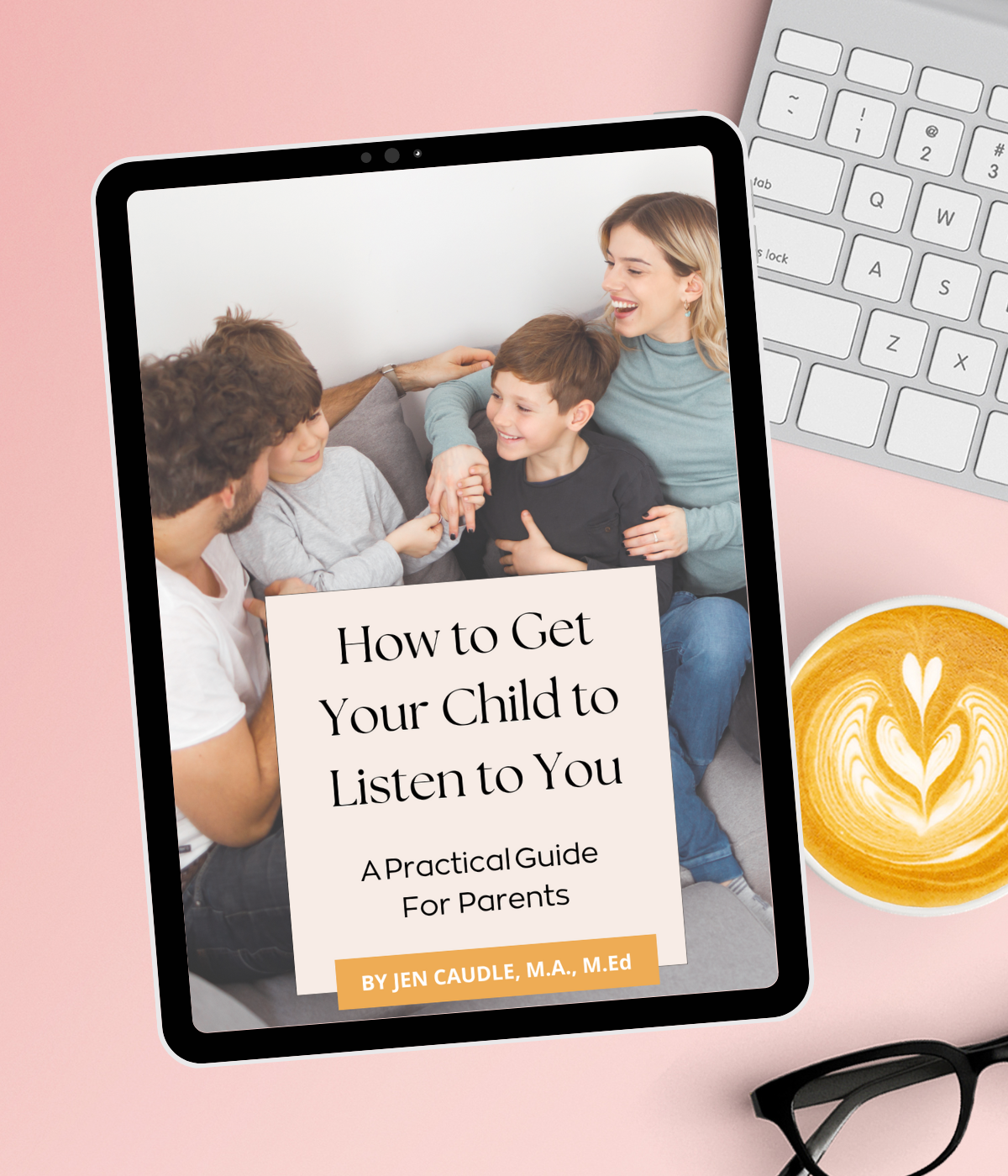
5 Practical Strategies to Improve Family Communication
In today’s fast-paced world, many parents struggle with maintaining open and effective communication with their children. As a licensed professional counselor and adjunct communication professor, I've dedicated my career to helping families overcome these challenges. This blog post is designed to offer you practical, actionable tips on improving family communication, making parenting a more joyful and fulfilling experience.
Understanding the Importance of Family Communication
Effective communication is the cornerstone of a healthy family dynamic. It fosters trust, strengthens bonds, and creates a supportive environment where everyone feels heard and valued. Unfortunately, many parents feel overwhelmed, juggling responsibilities while trying to maintain harmony at home. Sound familiar? Let’s dive into some strategies to improve communication and bring more peace into your home.
1. Active Listening: The Foundation of Effective Communication
Active listening is more than just hearing words; it’s about understanding the emotions and intentions behind those words. When your child speaks, give them your full attention. Make eye contact, nod, and offer verbal affirmations like “I understand” or “Tell me more.” This shows them that their thoughts and feelings are important to you.
2. Set Aside Quality Time
In our busy lives, finding time for meaningful interactions can be challenging. However, setting aside dedicated family time can significantly improve communication. Whether it’s a weekly family game night, a shared meal, or a walk in the park, these moments offer opportunities to connect and communicate openly.
3. Use Positive Reinforcement
Positive reinforcement encourages desired behaviors by rewarding them. When your child communicates effectively or handles a situation well, acknowledge and praise their efforts. This not only boosts their confidence but also reinforces the behavior you want to see more of.
4. Be Clear and Consistent
Children thrive on clarity and consistency. When setting expectations or discussing rules, be clear about what you expect and why. Consistency in your communication helps build a sense of security and understanding, making it easier for your child to follow guidelines.
5. Practice Empathy
Empathy is the ability to understand and share the feelings of another. Practicing empathy in your interactions with your children can significantly improve your relationship. Acknowledge their feelings, validate their experiences, and show them that you care about their perspective.
Overcoming Common Communication Barriers
Despite your best efforts, you may still encounter communication barriers. These could include misunderstandings, emotional outbursts, or a lack of openness. Here’s how to tackle these challenges:
- Address Misunderstandings: If you sense a misunderstanding, gently clarify your point and encourage your child to express their perspective.
- Manage Emotional Outbursts: Stay calm during your child’s emotional outbursts and help them articulate their feelings.
- Encourage Openness: Create a safe space where your child feels comfortable sharing their thoughts without fear of judgment.
Why Personalized Coaching Works
Generalized advice from parenting books and podcasts can be helpful, but it often lacks the specificity needed to address unique family dynamics. This is where personalized coaching comes in. As an expert in family communication, I offer tailored solutions designed to meet your family’s specific needs. My comprehensive approach integrates various parenting philosophies and communication theories to create effective, sustainable strategies.
Get Started with a Customized Coaching Plan
If you’re ready to transform your family dynamics, consider starting with my Initial Assessment. This 90-minute session includes a comprehensive evaluation of your family's communication patterns, an in-depth discussion of your needs and goals, and a detailed preliminary action plan. Together, we can create a peaceful, loving home where everyone feels valued and heard.
Conclusion
Improving family communication is a journey that requires patience, empathy, and consistent effort. By implementing these strategies, you can foster a supportive and harmonious environment where your family can thrive. Remember, you’re not alone in this journey—personalized coaching can provide the guidance and support you need to achieve your family goals.
Ready to take the next step? Book Your Unlock Session for a deep-dive analysis of your family patters and unlock a personalized action plan aligned with your goals.


